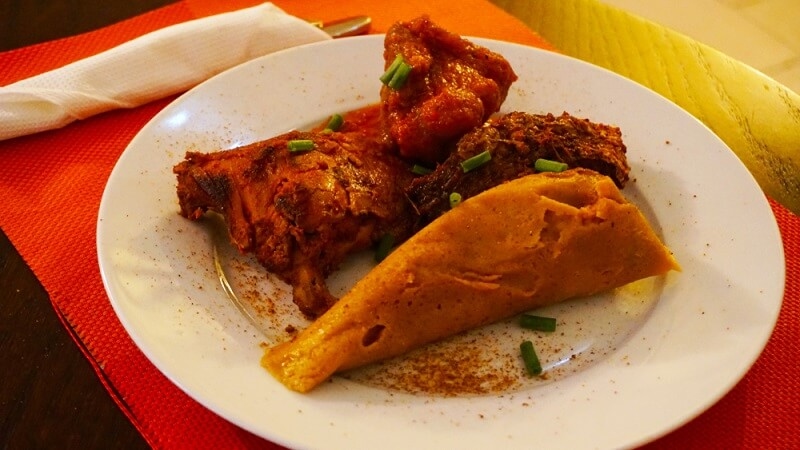
Food celebrates culture, community, and health across the African continent. From the stews of West Africa to the grains of North Africa, traditional cooking emphasizes balance, wholesomeness, and nourishment. Many people are rediscovering the beauty of healthy African meals—meals featuring incredible taste and wellness. Suppose you are looking for low-calorie African recipes, trying to make healthy Nigerian dishes, or looking for African weight loss foods to include in your meal plan. In that case, you’ll find ideas and inspiration here. This food is consistent with a contemporary nutrition agenda by prioritizing fresh veggies, lean proteins, whole grains, and spices. This guide will describe balanced African diet recipes and explain how traditional cooking prepares true, nutritious African meals, promoting health and heritage.
For centuries, African culinary traditions have resulted in recipes that rely on local crop ingredients—millet, sorghum, beans, yams, plantains, dark leafy greens, and fish—that by default meant they were inherently healthy. Anytime you mixed carbohydrates for energy, proteins for strength, and vegetables for vitamins, you already had what we now call "a balanced diet" long before 'balanced diet' was ever a term!
Modern science continues to validate what the generations of traditional African kitchens have always known: meals based on unprocessed, plant-forward food items can help to avoid unhealthy weight gain, reduce disease risks, and increase energy. Cooking African food at home daily or at a celebration, nutritious meals cultivate a world where health and culinary pleasure coexist harmoniously.
Not all traditional recipes are dense or calorie-packed. In fact, many examples of African foods are light meals that fill you up. Here are some examples:
These meals show that African foods can taste great without loading you with excess fat or sugar.

Nigeria offers a culinary palette of incredible diversity, and many traditional meals are healthy! There are also plenty of examples of healthy Nigerian meals, including:
These meals, and many others, demonstrate how Nigerian food provides options for healthy eating, extending the options available in the larger context of healthy African meals.
One of the most significant benefits of African food habits is that many natural food sources work in your favor when trying to lose weight. Some examples of African weight loss foods include:
These meal choices suggest that our past diets naturally supported a healthy lifestyle. African food can also be an underutilized and underrecognized weight loss and management resource.
Balanced nutrition is essential for sustainable food, and African foodways do a fantastic job of creating balanced meals full of the right amounts of macronutrients. Here are just a few examples of African recipes that are balanced:
These are examples of how a healthy African meal does not require compromising balance, variety, or taste.
Africa's food diversity is home to some of the world's most vitamin-rich African meals, including
These meals provide taste and nutrition without relying on processed ingredients.
Starting the day with wholesome foods is easy with African traditions:
These examples show how low-calorie African recipes can easily become part of a balanced breakfast routine.
Lunch and dinner in African cuisine often revolve around stews, grains, and vegetables. Healthy options include:
Such meals highlight how healthy Nigerian dishes and African staples adapt easily to modern nutrition goals.
Snacking doesn’t need to derail healthy eating. Some great African-inspired snacks include:
These make excellent options for those seeking nutritious African meals throughout the day.
Traditional methods already emphasize health, but minor tweaks make meals even better:
These strategies help adapt favorite dishes into African weight loss foods while preserving authenticity.
Today, African food is inspiring chefs around the world. Restaurants incorporate superfoods like teff, moringa, and fonio into menus for their nutritional value. Fitness enthusiasts are turning to African balanced diet recipes for plant-forward meals that provide sustained energy. This global recognition highlights the timeless wisdom of African culinary traditions.
To enjoy the benefits of healthy African meals consistently, consider:
This structure ensures every meal aligns with African balanced diet recipes.
Healthy African meals combine cultural heritage with nutrition, offering a variety of flavorful, nourishing, and balanced options. From low-calorie African recipes to healthy Nigerian dishes and African weight loss foods, these meals highlight the continent’s wisdom in achieving wellness through food. With nutritious African meals and balanced African diet recipes, eating well never means sacrificing flavor.
This content was created by AI